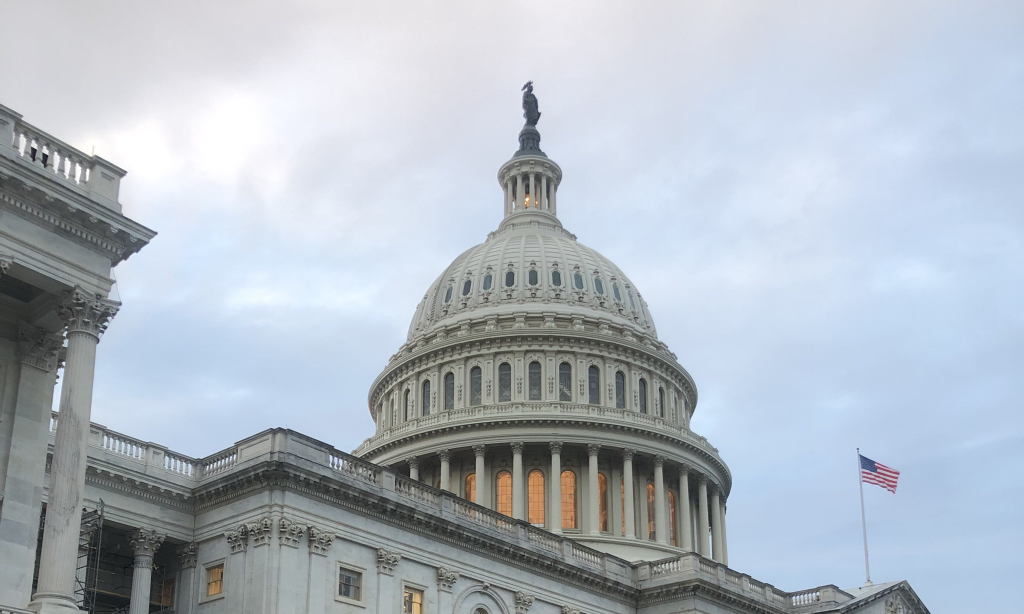A few weeks ago, I was in Washington, D.C. where I had the opportunity to meet Chief Justice John Roberts and observe a fascinating argument pertaining to the Establishment and Free Exercise Clauses of the U.S. Constitution. Observing the argument reminded me that the work of the U.S. Supreme Court, and federal courts in general, is vital to the retail industry. The Corporate Transparency Act (CTA) and the breadth of the Americans with Disabilities Act are just two examples that we’ve seen over the last few years, where federal court rulings have impacted our industry.
Retail and other industries will want to keep a close eye on Trump v. CASA, Inc., et al which was argued on May 15, 2025. The issue pertains to birthright citizenship, but in effect shines a spotlight on a federal district court’s authority to issue nationwide injunctions, thereby thwarting the policy decisions of a sitting president. The concept of a nationwide injunction has received a lot of attention recently with various federal court actions blocking the current administration’s immigration policies. Businesses, however, have seen this in action with the Corporate Transparency Act which was volleyed between being effective and enjoined on an almost daily basis as it bounced around various courts.
In the CASA case, Justice Samuel Alito said there are 680 federal judges throughout the U.S. and allowing any single one of them to halt the policies of an elected president, sometimes for long periods of time, was problematic. In further support of barring the practice, parties seeking injunctive relief are very likely to forum shop across the country to achieve the desired result.
Conversely, Justice Sotomayor noted that barring the practice could result in grand scale violations of individual rights with the only remedy coming at the district level until individual cases reached the high court. Those in favor of the practice also argue that disallowing nationwide injunctions will result in inconsistent applications across jurisdictions, which we saw with the CTA. That argument, however, is countered by noting that one of the primary roles of the Supreme Court is to resolve such inconsistencies.
As it stands, there is no explicit statutory or constitutional legal authority for nationwide injunctions. Rather, courts utilizing them have derived the authority from a myriad of jurisdictional statutes and rules. A few federal courts of appeals have approved of the use by lower courts, while certain members of the Supreme Court have voiced concerns with the practice in non-binding commentary.
The Court is expected to issue a decision sometime this summer. While there is a 6–3 conservative majority, the court could go any number of directions with their decision including declining to address the issue at all. I’ll be watching closely and update MRA members in a subsequent article.
Tom Clement
Chief Operating Officer and General Counsel
Michigan Retailers Association






